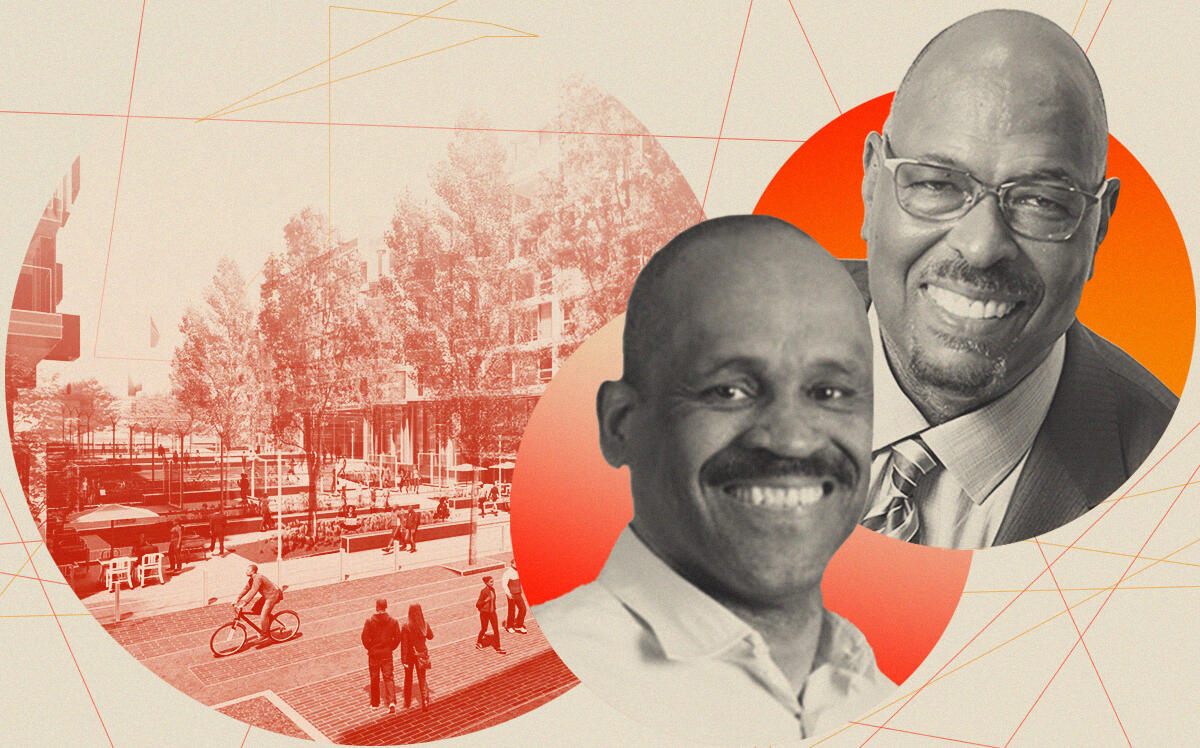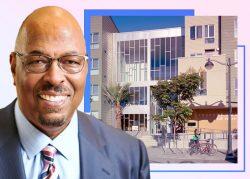
Trending
$2B co-op project stalls while developers raise funds
Ownership format complicates access to public capital

A $2 billion plan to add thousands of homes to a San Francisco co-op has run up against some financial shoals.
The developers, MacFarlane Partners and Avanath Capital Management, filed plans two years ago to add 2,005 new units to the 382-unit Freedom West co-op in the Fillmore District, the San Francisco Business Times reported. Now they must raise $25 million to move the project forward.
“We’ve outpaced the amount of our funding — we’ve put forth capital and really worked hard to move things forward at a rapid pace,” Landon Taylor, co-founder of Legacy First Partners and a spokesman for the development team, told the newspaper.
The developers must identify long-term financing in order to allow them to kick off construction after entitlements are secured. The project, named “Freedom West 2.0,” is expected to cost a total of $2 billion.
Plans call for redeveloping the 11-acre housing cooperative founded in 1966 by the Bethel AME Church in the Fillmore Western Addition. The co-op is bounded by Golden Gate Avenue and Gough, Fulton and Laguna streets.
It’s owned by Freedom West Homes, which has teamed up with MacFarlane Partners, based in the city, and Avanath Capital Management, based in Irvine. The developers founded the nation’s first affordable housing real estate investment trust in 2020, targeting $1.6 billion in acquisitions.
The proposed Freedom West project, designed by DLR Group, would replace existing homes with 14 new buildings containing 1,790 market-rate and 133 affordable homes. It would also include a 150-room hotel, 60,600 square feet of shops and restaurants, parking, community facilities and open space.
The developers submitted a preliminary project application in 2020 and updated it last year, with a second revision expected to be filed by the end of the year. They said they would hold back on environmental work while they raise funds.
Funding is more difficult to obtain for limited equity housing co-ops, said Leigh Lutenski, deputy director for joint development for the city’s Office of Economic and Workforce Development.
“For limited equity co-ops — while they are a really fantastic way to stabilize affordable homeownership — there are no current programs through the state, through HUD at the federal level, or in the city to specifically fund and support them,” she said.
As ownership housing, such co-ops can’t be financed with low-income housing tax credits, the largest source of funding for affordable housing, Lutenski added.
The Freedom West shareholders have agreed to sell two-thirds of the property to the developers for redevelopment into market-rate housing, but only after the replacement units and new affordable units have been built.
Taylor said the developers are looking at $581 million in upfront costs for the project’s first phase – compounded by rising construction costs – before the market-rate units can be constructed. It will cost $1 million per unit to rebuild the existing homes after they are razed.
— Dana Bartholomew
Read more






